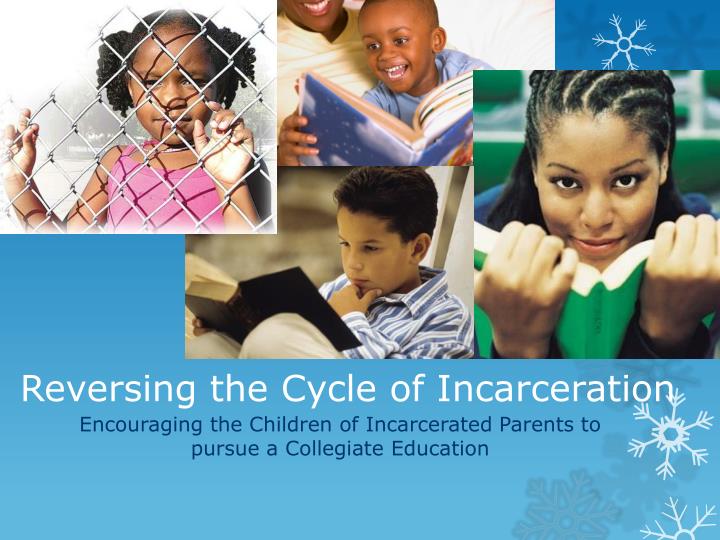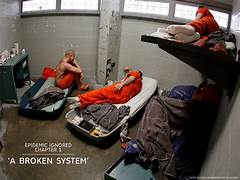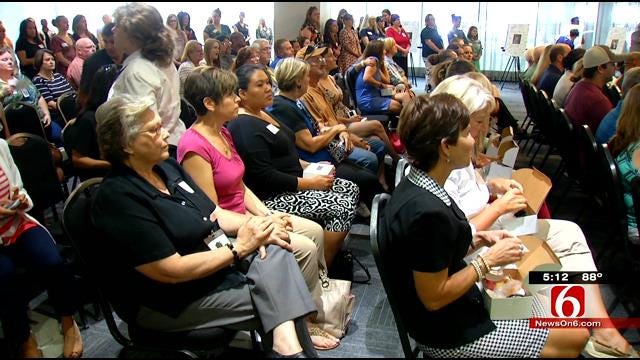Community Reentry Programs: Establish comprehensive reentry programs that provide support and resources for individuals transitioning from incarceration back into the community. These programs can inc...
Read more
CYCLE OF INCARCERATION
This Problem
needs your help
Region: Tulsa
The cycle of incarceration in Tulsa is influenced by several factors, including poverty, racism, mental illness, and drug addiction. More than 35% of north Tulsa’s population lives in poverty compared with 17% in the rest of the city. Citywide, the Black poverty rate is 34% while the white poverty rate is 13%. This high poverty rate contributes significantly to the cycle of incarceration in the city. People living in poverty are more likely to be incarcerated for various reasons. Desperation often leads individuals to resort to criminal activities as a means of survival, while their limited access to resources such as education and job training makes it harder for them to avoid engaging in criminal behavior.
The problem of poverty in the cycle of incarceration in Tulsa, Oklahoma is a pressing issue with far-reaching consequences. The city struggles with high poverty rates, exceeding the national average, which creates a challenging environment for its residents. Poverty breeds economic disparities and contributes to higher crime rates as individuals facing financial insecurity may turn to illegal activities out of desperation. Limited access to legal resources further exacerbates the problem, as impoverished individuals often struggle to afford adequate legal representation, leading to unequal treatment before the law.
Incarcerated individuals face significant challenges upon release, including the risk of losing their jobs, homes, and relationships. The disruption in their lives often exacerbates the cycle of poverty, making it difficult for them to reintegrate into society. Additionally, incarcerated individuals are more vulnerable to violence within the prison system and are at higher risk of developing mental health problems.
References
- https://www.hrw.org/video-photos/interactive/2019/09/11/policing-poverty-and-racial-inequality-tulsa-oklahoma
- http://www.odmhsas.org/stateofaddictionc%20(2).pdf
- https://www.prisonscholars.org/what-we-do/222-2/
Solutions to this problem
Add Solution/Link Solution

Sub Problems

Tulsa, Oklahoma faces a pressing issue at the intersection of mental illness and the cycle of incarceration. A significant portion of the incarcerated population in the city suffers from mental health...
Read more

Drug addiction and the cycle of incarceration have become a significant problem in Tulsa, Oklahoma. The prevalence of substance abuse, particularly opioids, methamphetamine, and cocaine, has created d...
Read more

Racism within the cycle of incarceration in Tulsa, Oklahoma, is a deeply entrenched issue with far-reaching consequences. Stemming from a troubled history, including the Tulsa Race Massacre of 1921, s...
Read more
Projects

Women in Recovery (WIR) is an evidence-based alternative to incarceration programs for women facing significant prison sentences in Tulsa County. The program, operated by Family and Children’s Servi...
Read more